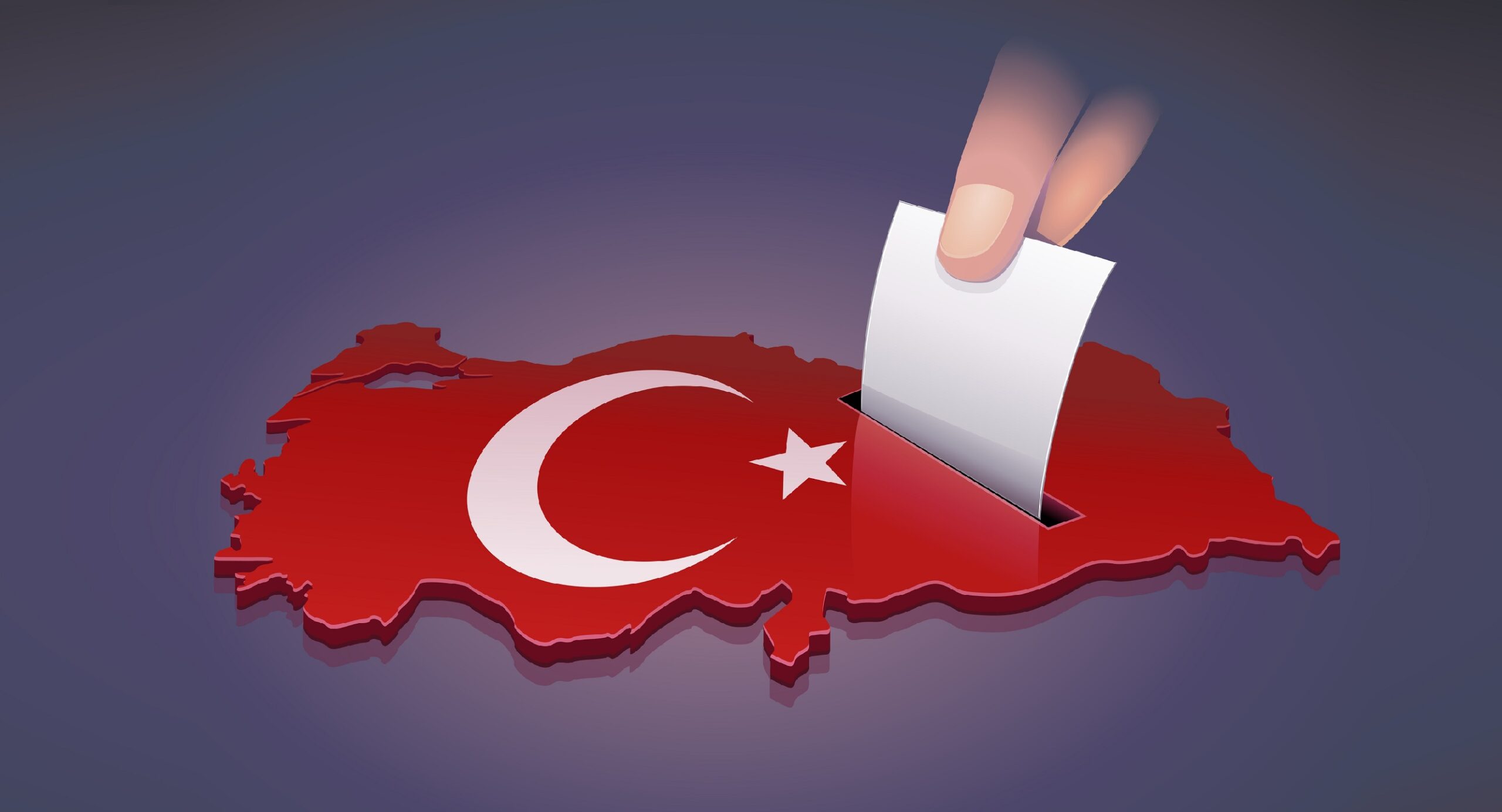Why Do the Turkish Elections Receive So Much Arab Attention?
An-Nahar, Lebanon, May 12
The latest issue of the prestigious British magazine The Economist conveys a clear message on its cover: “the most important elections in 2023,” which refers to the upcoming elections in Turkey. The magazine is firmly opposed to the rule of President Recep Tayyip Erdoğan and the Islamic Justice and Development party he leads. The editorial article in the issue is dedicated to this position and calls for the overthrow of Erdoğan, who is classified as an Islamic autocrat allied with other autocrats, such as Russian President Vladimir Putin. These elections will have repercussions not only for the region but for Europe and Asia in the coming years. This position has been echoed by most European and American media outlets, some of which have gone as far as publicly slandering the Turkish president. In the Arab world, the concern is palpable as Turkey, the nation closest to them, approaches its election day. Turkey’s size and President Erdoğan’s two-decade rule under the Justice and Development party have made this election more consequential than any before it. Should the President and his party fall, the election will be a watershed moment for the region, potentially changing the course of one of the Middle East’s major powers. The reverberations of such an event will be felt in Syria, Iraq, Lebanon, Libya, Egypt, and beyond. As the polls open in Turkey, the region is poised to witness a shift in power with the potential fall of President Erdoğan. Analyses suggest that this could drastically alter Turkish foreign policy, particularly in its ‘vital sphere’ which includes Arab states. Erdoğan’s “neo-Ottoman project” has sought to expand Turkey’s influence in the region, and his potential fall could lead to a reshuffling of alliances. While some Arab countries may celebrate Erdoğan’s fall, others may have to reevaluate their bet on the existing alliance. Whatever the outcome, the region is set to experience major changes. The upcoming Turkish elections are garnering significant attention from the Arab political and media worlds, as they are the first elections President Erdoğan has run without being guaranteed a victory beforehand. Several scenarios may arise based on the outcome of the elections. If Erdoğan wins the presidency but loses the parliamentary majority, his power will remain wide-reaching, albeit more difficult to wield than before. If he loses both the presidency and the parliament, his rule will be met with daily disruption from a parliament attempting to undo the constitution he put in place in 2017. If Erdoğan’s party wins the parliament but he loses the presidency, it will be a major setback, as his authority has been a major factor in the success of the Justice and Development party. It is likely that the elections will result in a delicate balance, with Erdoğan in the presidency and a dispersed parliament between his party and the six-party alliance. This could result in minor shifts in Turkish foreign policy, with a decrease in Erdoğan’s influence over any future coalition government. —Ali Hamada (translated by Asaf Zilberfarb)


